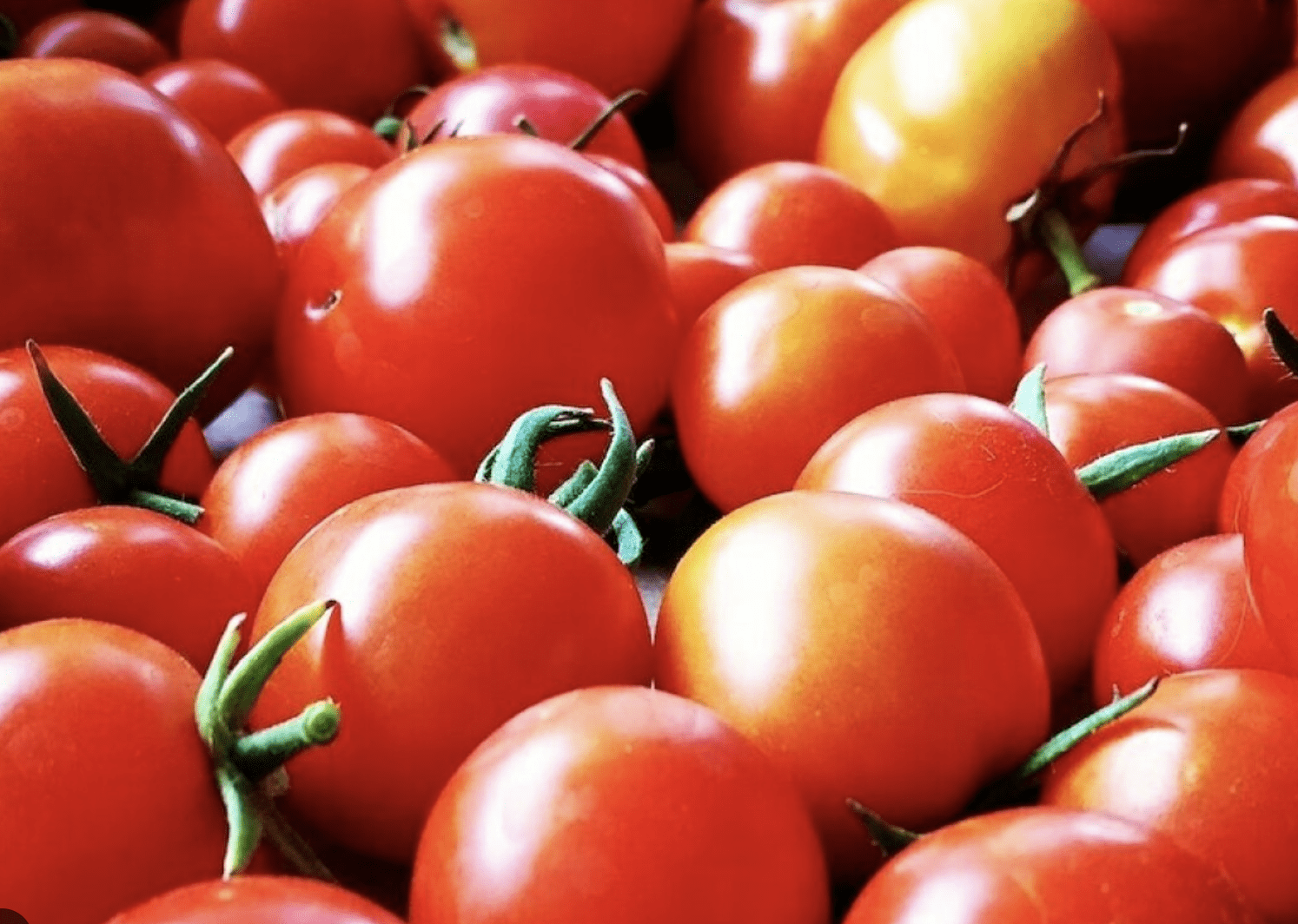For most people, there’s little reason to avoid tomatoes. Rather, it’s quite the opposite.
EATINGWELL.COM – Tomatoes have come under scrutiny over the past few years in terms of their health value.
While there’s no doubt that tomatoes are nutritious, as they provide a good source of vitamin C and potassium, plus fiber, beta carotene and lycopene, tomatoes are also a member of the nightshade family of plants.
Because they are a nightshade, you may have heard that tomatoes cause or aggravate inflammation. But is there any truth to that?
What Are Nightshades?
For some time, tomatoes have been getting a bad reputation. More people have questioned whether eating tomatoes and tomato products may increase inflammation. That’s because tomatoes are a type of plant known as a nightshade.
These plants are part of the Solanaceae family, which includes tomatoes, white potatoes, eggplant, bell peppers, chile peppers, tomatillos and spices made from nightshade plants, such as paprika and cayenne pepper.
There are lots of myths and misconceptions about eating nightshades because they contain a family of compounds called alkaloids that have been rumored to be toxic and inflammatory. Here, we separate truth from fiction.
Myth vs. Truth: Nightshades Contain Toxic Chemicals
True, but stick with us. Alkaloids are toxic compounds naturally found in these plants that are designed to protect them from insects, disease and herbivores.
Solanine is the primary alkaloid in tomatoes, and it’s also found in white potatoes and eggplant. Solanine can cause digestive upset and nausea when eaten in very large amounts, but this is extremely hard to do. When that solanine poisoning does occur, it’s usually from eating young, green potatoes, not tomatoes …
Food intolerances like this vary greatly by individual, the body’s current state of inflammation and trigger food. It doesn’t necessarily mean you should cut out nightshades altogether.
You may find that your symptoms are triggered by just one nightshade but not others. An elimination protocol over several weeks can help you determine this, and you may even find that the culprit isn’t a nightshade but something else in your diet. Talk to your health care provider to learn if this could be helpful for you.
The Bottom Line
Tomatoes can be part of your overall produce intake because of their healthful nutrients and compounds, such as lycopene, beta carotene and vitamin C, all of which act as antioxidants and exert anti-inflammatory effects in the body.
If you have an autoimmune or other inflammatory-related condition, pay attention to see if you notice any change in symptoms in the 48 hours after eating a nightshade vegetable.
Also, consider working with your health care provider and dietitian to follow an elimination protocol to pinpoint foods that are problematic and trigger your symptoms.
Otherwise, if you find tomatoes delicious and feel good eating them, whip up Spaghetti & Spinach with Sun-Dried Tomato Cream Sauce, a Caprese Sandwich or Eggs in Tomato Sauce with Chickpeas & Spinach.



